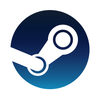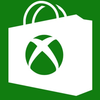You can run a lot of old software on a modern Mac using Apple’s Rosetta 2, but native Apple silicon versions are even better. Thankfully, a surprising amount of old games already have native versions that run on modern Macs.
This includes old games that are still maintained, faithful remasters, and source ports that require you to bring your own copy of a game’s data into a new engine. Whatever the case, I’m just happy to be able to play some of the finest games ever made on my MacBook Pro.

12
World of Warcraft
Is World of Warcraft retro yet? The game was first released in 2004, which makes it 21 years old at the time of writing. Somehow, the game is still going strong and has been a pillar of the admittedly thin Mac gaming scene since its launch. It was the first major game to support the M1 chip, way back in 2020.
You don’t need to do anything special to play World of Warcraft natively on your Mac—just download and play. The hardest thing you’ll have to do is decide which version of WoW you actually want to play. The good news is that Apple’s modern hardware crushes even some of the more intense CPU and GPU-intensive parts of the game.
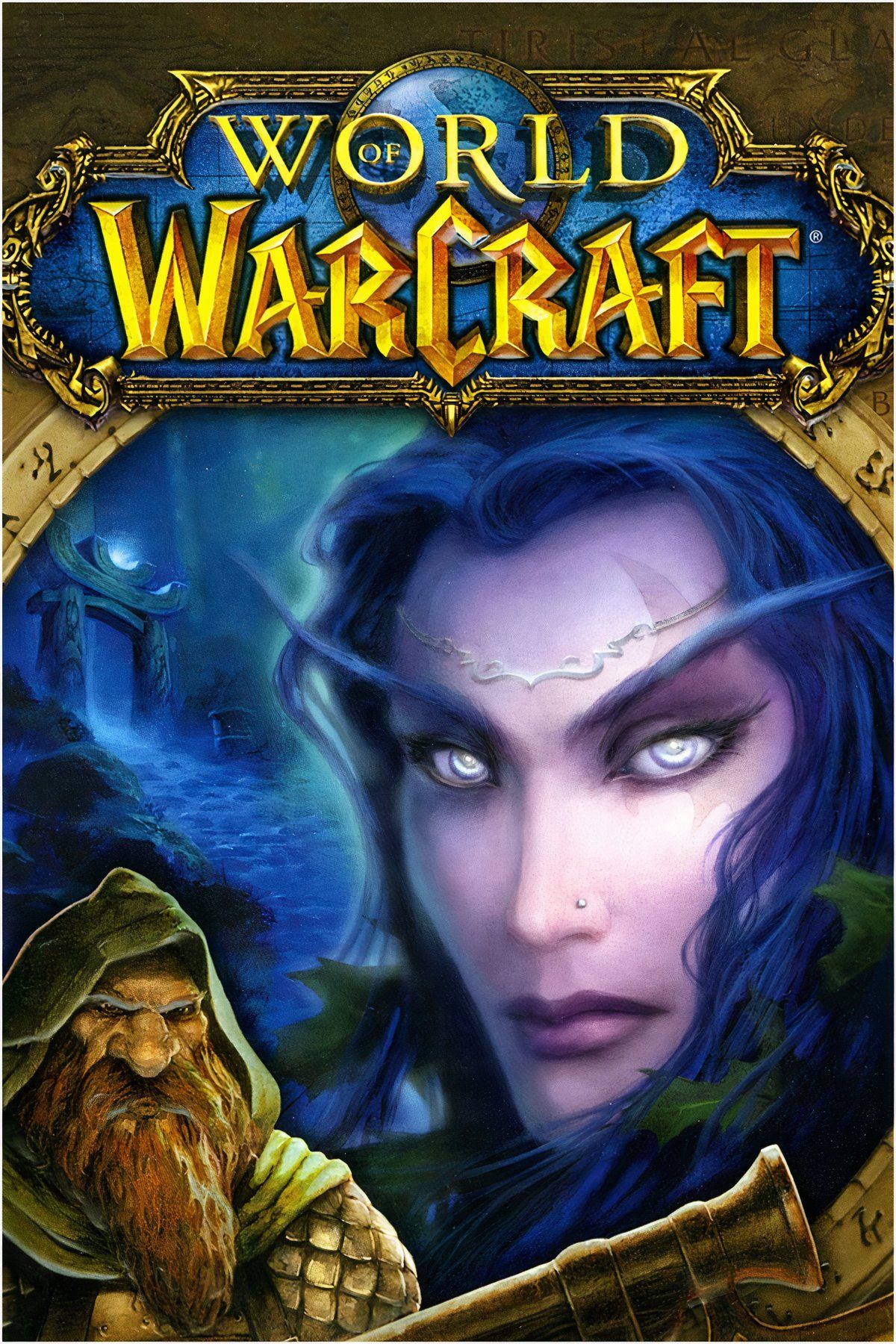
World of Warcraft

- Released
-
November 23, 2004
- ESRB
-
T for Teen: Blood and Gore, Crude Humor, Mild Language, Suggestive Themes, Use of Alcohol, Violence (online interactions not rated)
- Developer(s)
-
Blizzard
- Publisher(s)
-
Blizzard
With the success of the Oblivion remaster, fans of The Elder Scrolls series might want to venture further back in time and check out the previous title, Morrowind. Set on the island of Vvardenfell within the province of Morrowind, the game saw Bethesda prioritize a higher level of detail within a smaller world, rather than repeat the gargantuan map sizes of previous entries.
Morrowind is playable on modern Mac systems via the OpenMW source port which introduces massive changes and improvements via a complete engine rewrite. You’ll need a copy of the original game, and to follow the installation instructions to get this all working. A copy of the GoG release and a few command line instructions using Homebrew tool innoextract make light work of the setup. You can then further improve and change the game with mods!
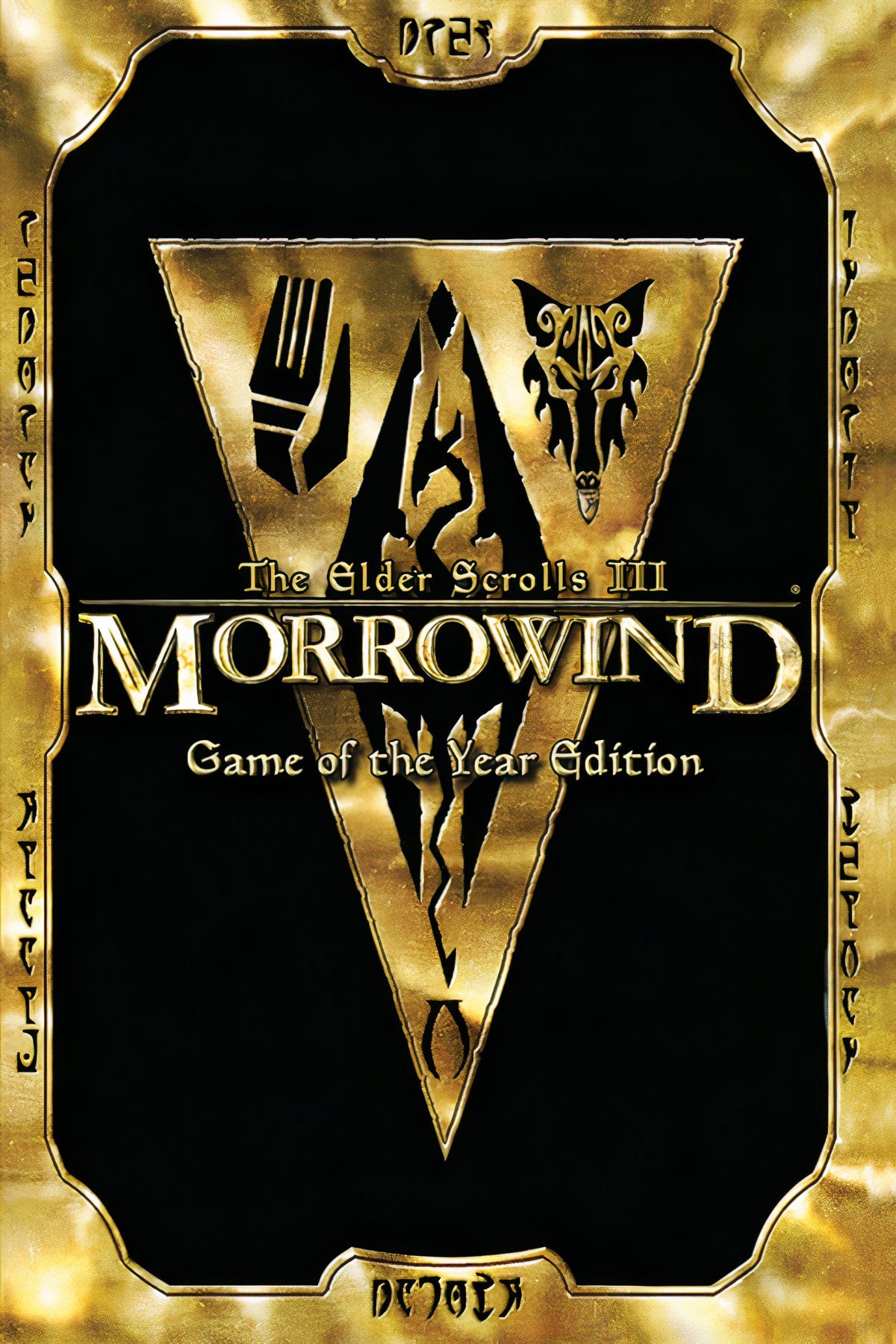
The Elder Scrolls III: Morrowind


- Released
-
May 1, 2002
- ESRB
-
T For Teen due to Blood, Violence
- Developer(s)
-
Bethesda Game Studios
- Publisher(s)
-
Bethesda Softworks
- Engine
-
Gamebryo
10
Doom and Doom II
The question of “Can it run Doom?” has been memed to death at this point, but to answer the question: yes, your Apple silicon Mac can run Doom, natively. This is also true for the sequel, Heretic, and the many, many fan-made mods that you can download for free. Do this with the aid of the excellent source port GZDoom (formerly ZDoom).
All you need is the relevant WAD file to be placed in ~/Library/Application Support/gzdoom/ and you’re good to go. You can get these from an original copy of the game or a modern release on Steam or other marketplaces. You could also grab a copy of Freedoom and play through the project for free.
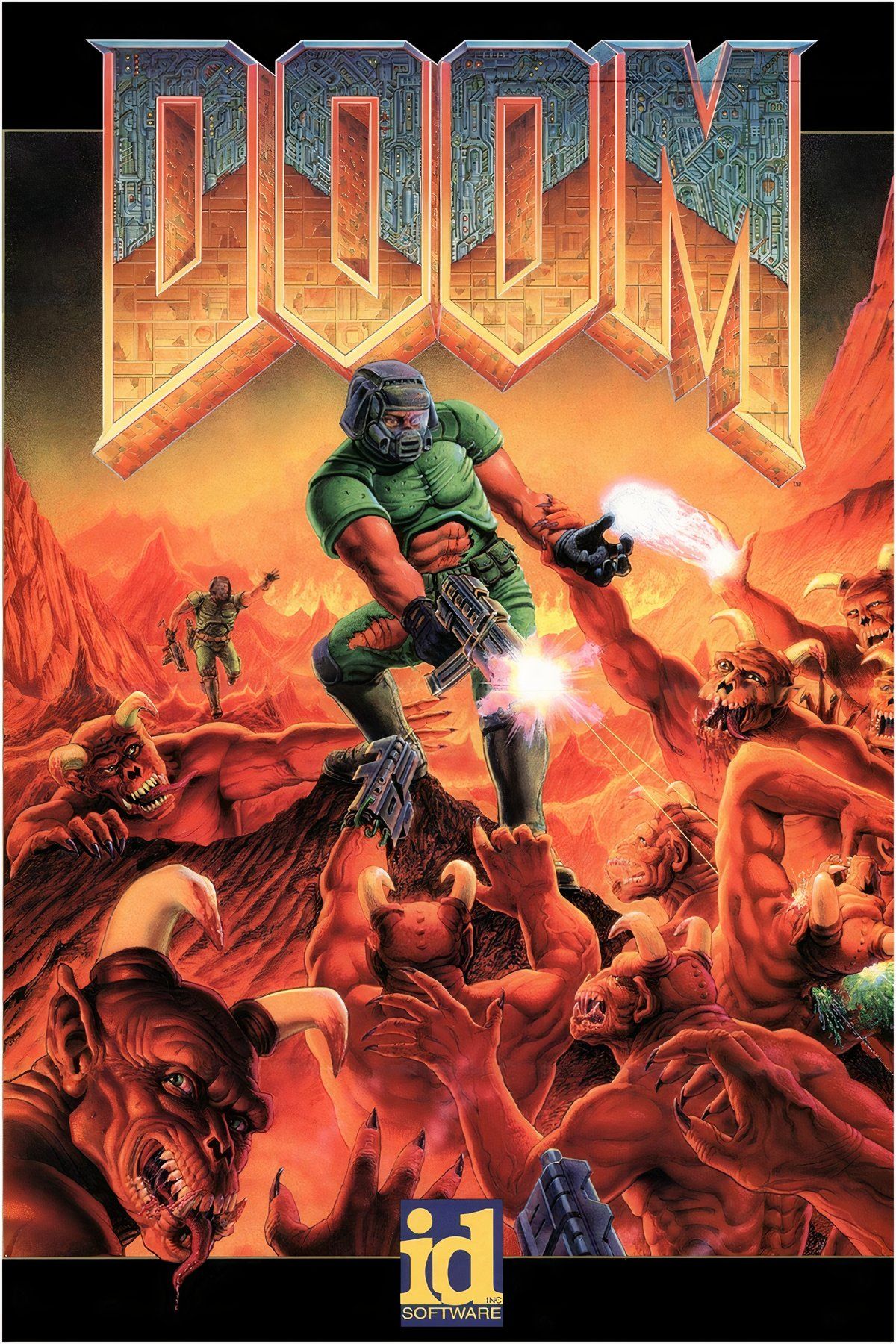
Doom (1993)
- Released
-
December 10, 1993
- ESRB
-
M for Mature: Blood and Gore, Intense Violence, Strong Language
- Developer(s)
-
id Software
- Publisher(s)
-
id Software
9
Doom 3
A whole decade passed between Doom II and Doom 3, with id Software focusing on projects like Quake in the meantime. Fortunately, Doom 3 proved to be just as ambitious as previous titles, with the id Tech 4 engine pushing the boundaries of what PC graphics were capable of when it arrived in 2004.
Doom 3 received a native Mac port a year after release, but playing the game on a modern Mac requires the use of a source port. dhewm3 is the best engine replacement for the job, though you’ll need a legitimate copy of the original from Steam or GoG too. Follow the installation instructions to get everything set up.
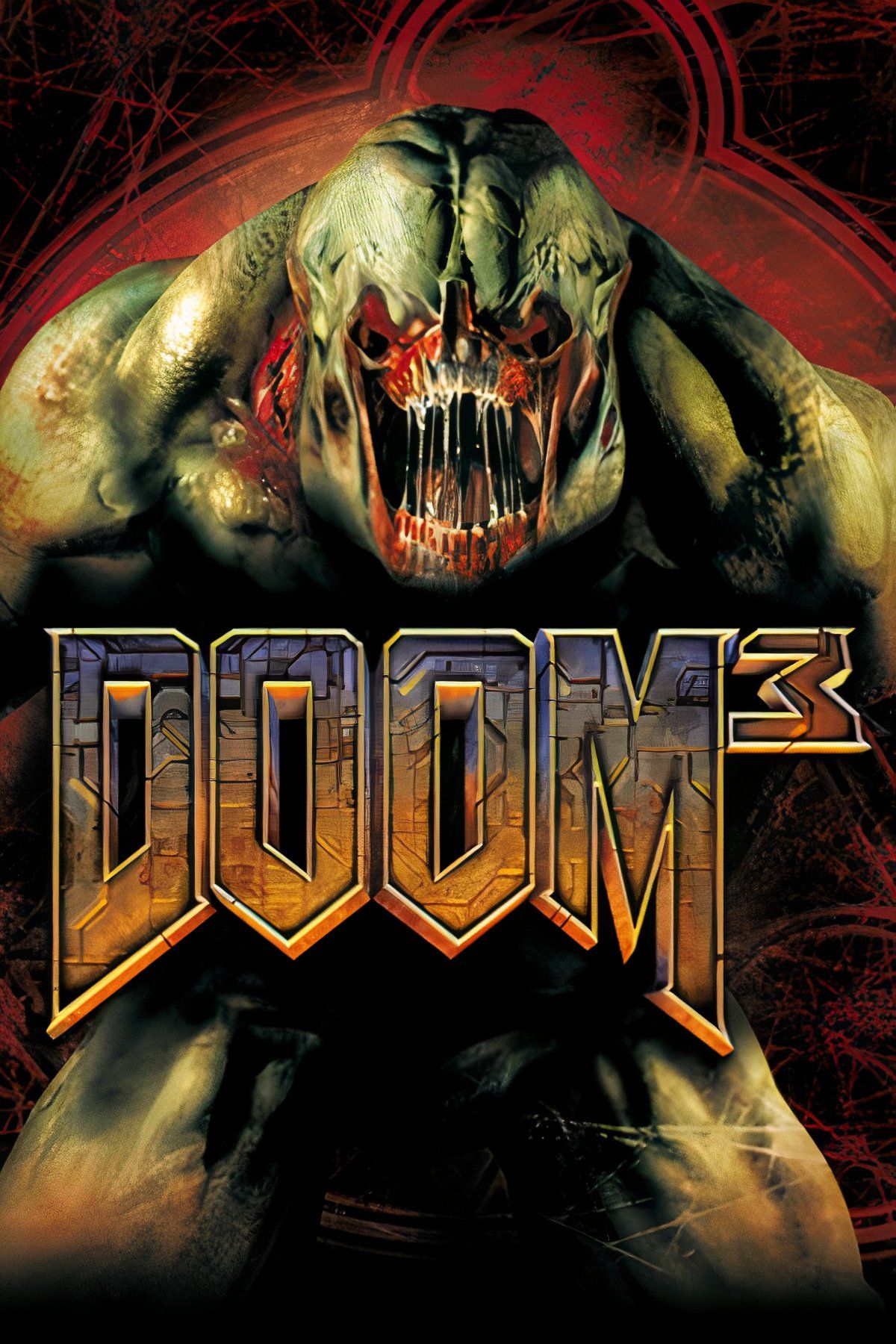
DOOM 3
- Released
-
August 3, 2004
- ESRB
-
M For Mature 17+ due to Blood and Gore, Intense Violence
- Developer(s)
-
id Software
- Publisher(s)
-
Activision, Aspyr
- Engine
-
id Tech 4
8
Marathon Trilogy
1994’s Marathon was the game that put developer Bungie on the map, back when the company was primarily a Macintosh developer. This sci-fi first-person shooter received widespread acclaim at a time when Doom dominated the conversation. The project’s success would eventually lead to Halo: Combat Evolved and the studio’s acquisition by Microsoft.
It’s only right then that the original Marathon, its sequel Durandal and later game Infinity are all playable via the Aleph One open-source project. No need to bring your own files this time, just download and play!
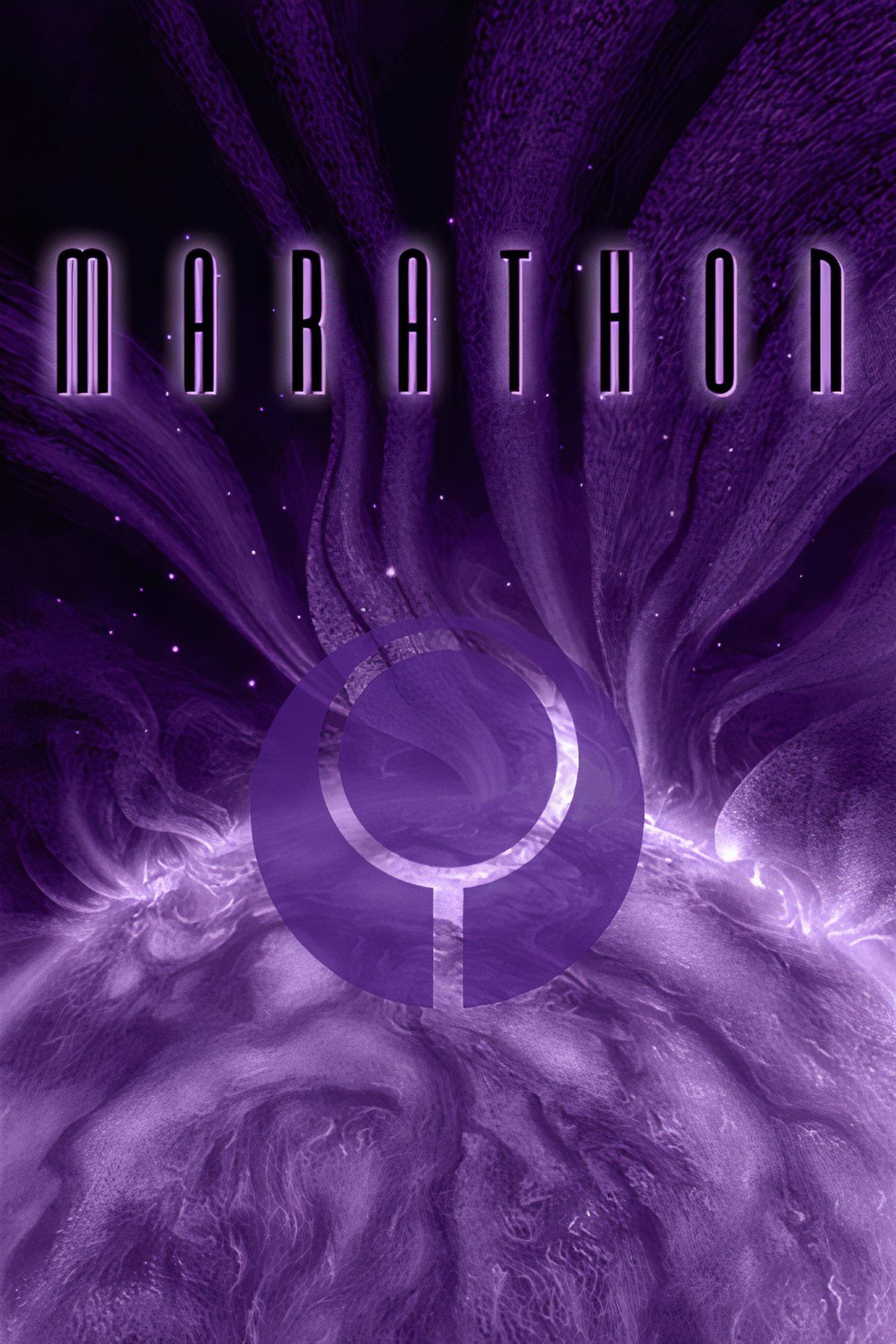
Marathon (1994)


- Released
-
December 21, 1994
- ESRB
-
m
- Developer(s)
-
Bungie
- Publisher(s)
-
Bungie
- Multiplayer
-
Local Multiplayer
7
Neverwinter Nights: Enhanced Edition
Neverwinter Nights is a 2002 roleplaying game set in the Forgotten Realms campaign based on Dungeons & Dragons 3rd Edition rules. The game includes a lengthy 60-hour campaign and a multiplayer component in which 96 players can connect to a single server (with support for a dungeon master).
The Enhanced Edition stays true to the original and builds on what made the game so great. Modern resolutions of up to 4K are supported, with improved pixel shading and post-processing effects. Multiplayer is back, modding is supported, and the game even works with save games from the original title (assuming you still have them). All of this runs natively on a modern Mac via the official release.
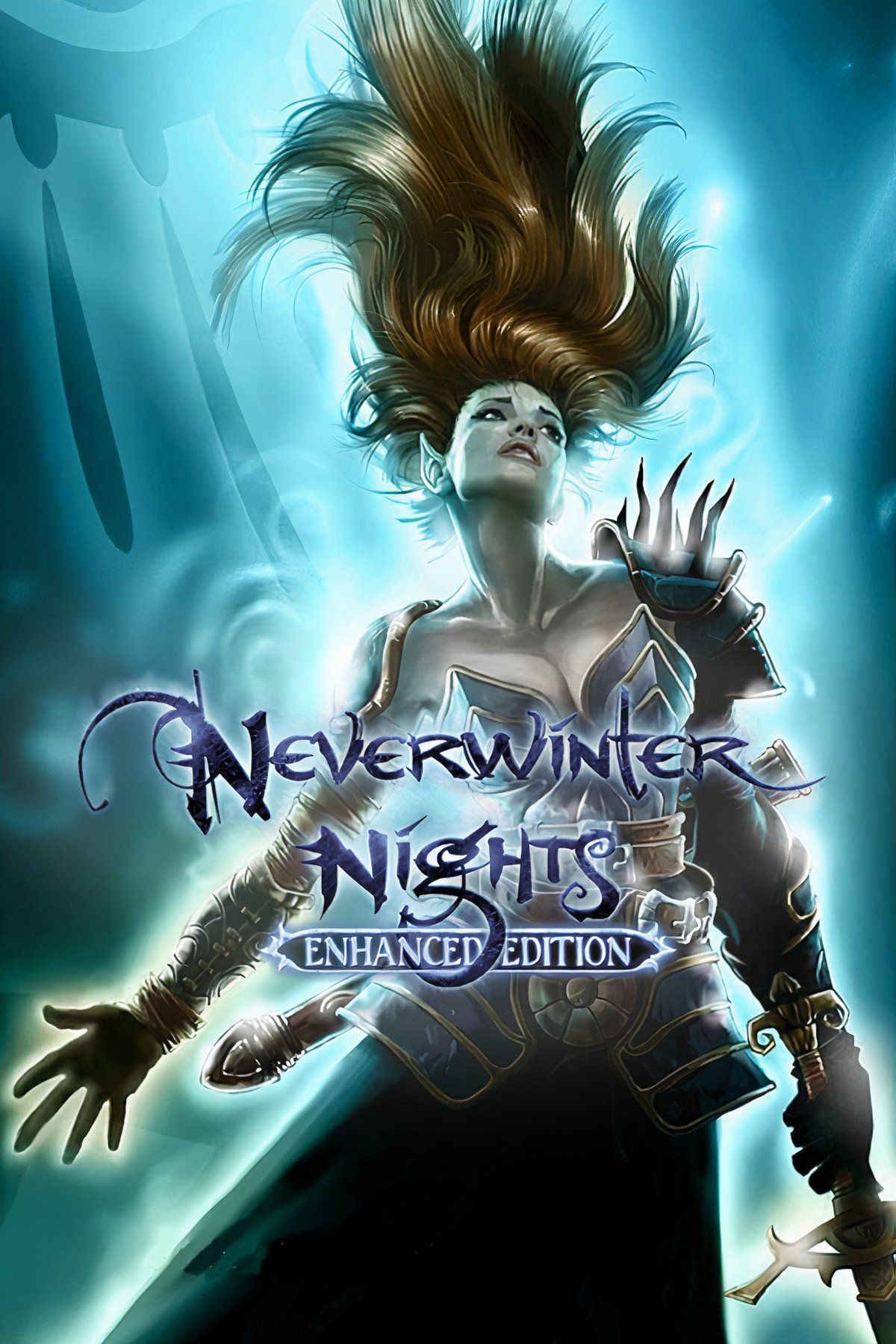
Neverwinter Nights

- Released
-
June 18, 2002
- ESRB
-
m
- Developer(s)
-
BioWare
- Publisher(s)
-
Infogrames, Atari
- Engine
-
Aurora engine
6
Unreal Tournament
At the turn of the millennium, a fierce debate raged among PC gamers: Unreal Tournament or Quake III: Arena? Both games featured multiplayer-first, arena-style gameplay, both had bots, and both were beautiful for the time. Personally, UT took the crown and I sunk hundreds of hours into the game (most of it offline).
That’s why I grinned from ear to ear when I found the OldUnreal project. Download the patcher, then read through the README and copy your files from an existing UT installation. You’ll then be able to play the game like it’s 1999 all over again.
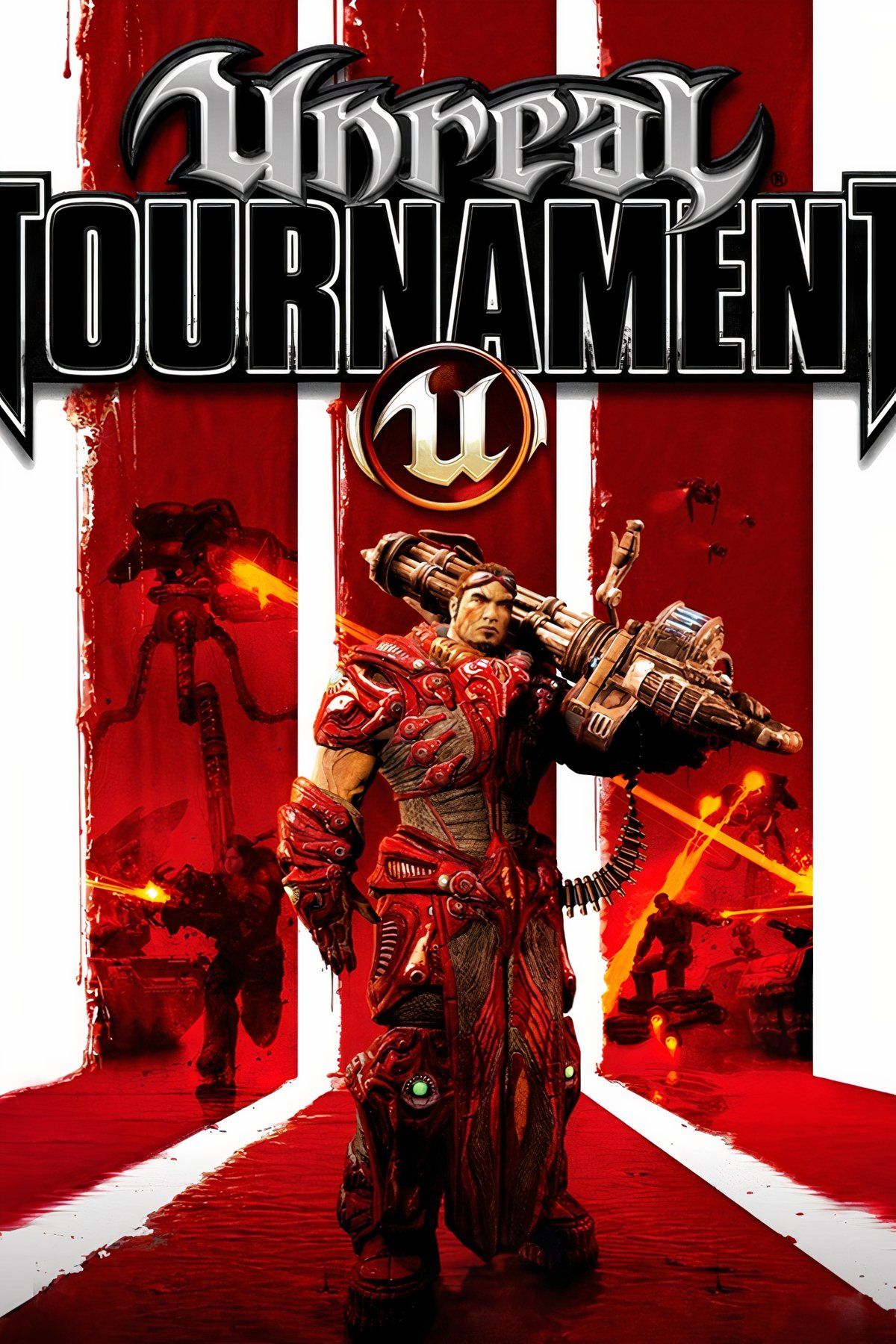
Unreal Tournament


- Released
-
November 30, 1999
- ESRB
-
m
- Engine
-
unreal engine 1
- Multiplayer
-
Local Multiplayer
5
Quake III: Arena
Thankfully, you don’t need to choose between id Software and Epic Megagames anymore. Quake III: Arena is also fully playable on a modern Mac, thanks to a modern source port known as ioquake3. The project supports vanilla Q3, Team Arena, and third-party mods, plus includes countless improvements like widescreen support and bug fixes that improve the game.
You’ll need a copy of the original game so you can extract the necessary files, which are available from an original CD, or via Steam and GoG. From here just follow the Mac installation instructions and copy the necessary files. You can even use the project to join or host multiplayer games, so better practice your rocket jumps.
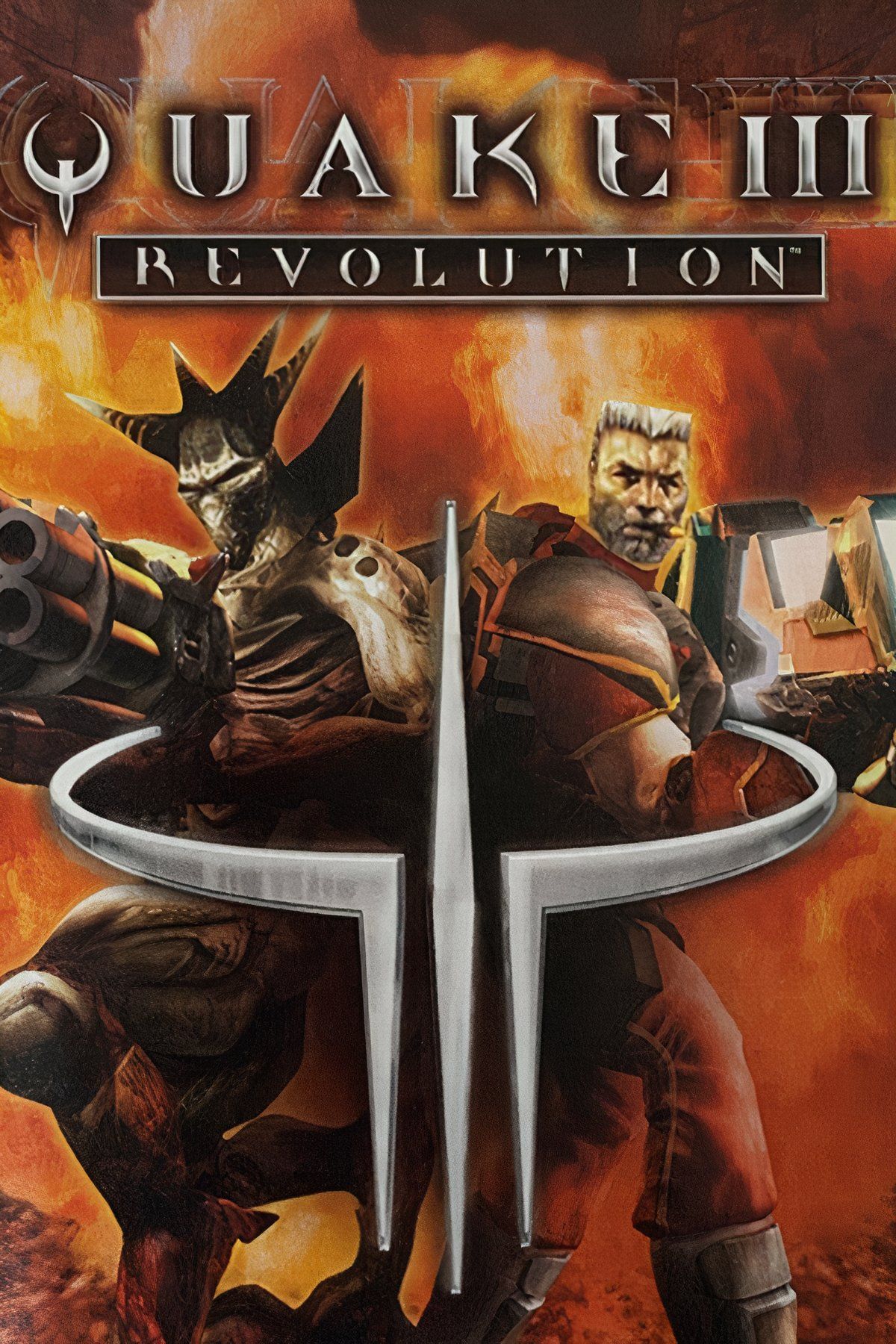
Quake III: Revolution

- Released
-
March 26, 2001
- ESRB
-
e
- Publisher(s)
-
EA
- Engine
-
id Tech 3
- Franchise
-
Quake
4
Return to Castle Wolfenstein
Built on the same id Tech 3 engine as Quake III: Arena, Return to Castle Wolfenstein is often held aloft as the best the franchise has to offer, and it’s not just for nostalgia’s sake. This is early 2000s PC gaming at its best, putting you in the shoes of B.J. Blazkowicz as he takes out hordes of Nazis, the undead, and mutants. Fight your way out of the eponymous Castle Wolfenstein and head off in pursuit of those responsible for the regime’s paranormal experiments.
The Mac Source Ports project hosts an Apple silicon native port of ioRTCW, which is itself a fork of ioquake3. It’s a source port, so you’ll need to provide data from an original copy of RTCW to play, which you can easily get from GoG.
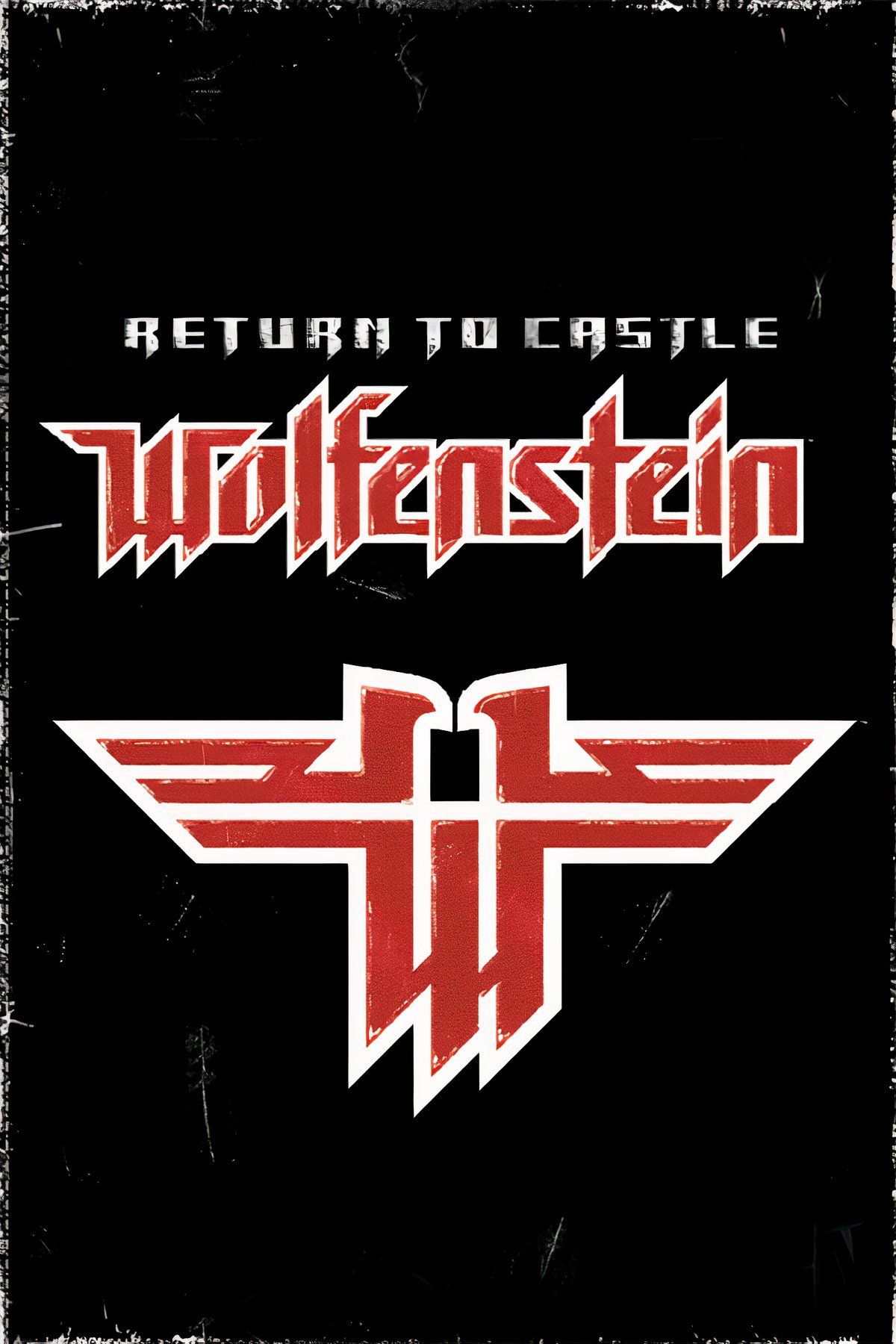
Return To Castle Wolfenstein
- Released
-
November 20, 2001
- ESRB
-
Mature 17+ // Violence, Blood, Language
- Developer(s)
-
Gray Matter Studios
- Publisher(s)
-
Activision
3
Diablo
1997 Blizzard Entertainment classic Diablo helped redefine action roleplaying games on the PC, serving up an addictive dungeon-crawling experience that would go on to spawn one of the most recognizable franchises in gaming. The game was notable for its use of procedurally-generated dungeons, accomplished online multiplayer, and satisfying character progression.
You can return to Diablo_’s roots with DevilutionX, a source port that supports both the original game and the Hellfire_ expansion. To play, simply follow the instructions to extract the DIABDAT.MPQ file from your CD, GoG, or Battle.net version of the game and copy the files to ~Library/Application Support/diasurgical/devilution/ and launch the DevilutionX application.
The not-so-old Diablo III also runs natively on Apple silicon chips.
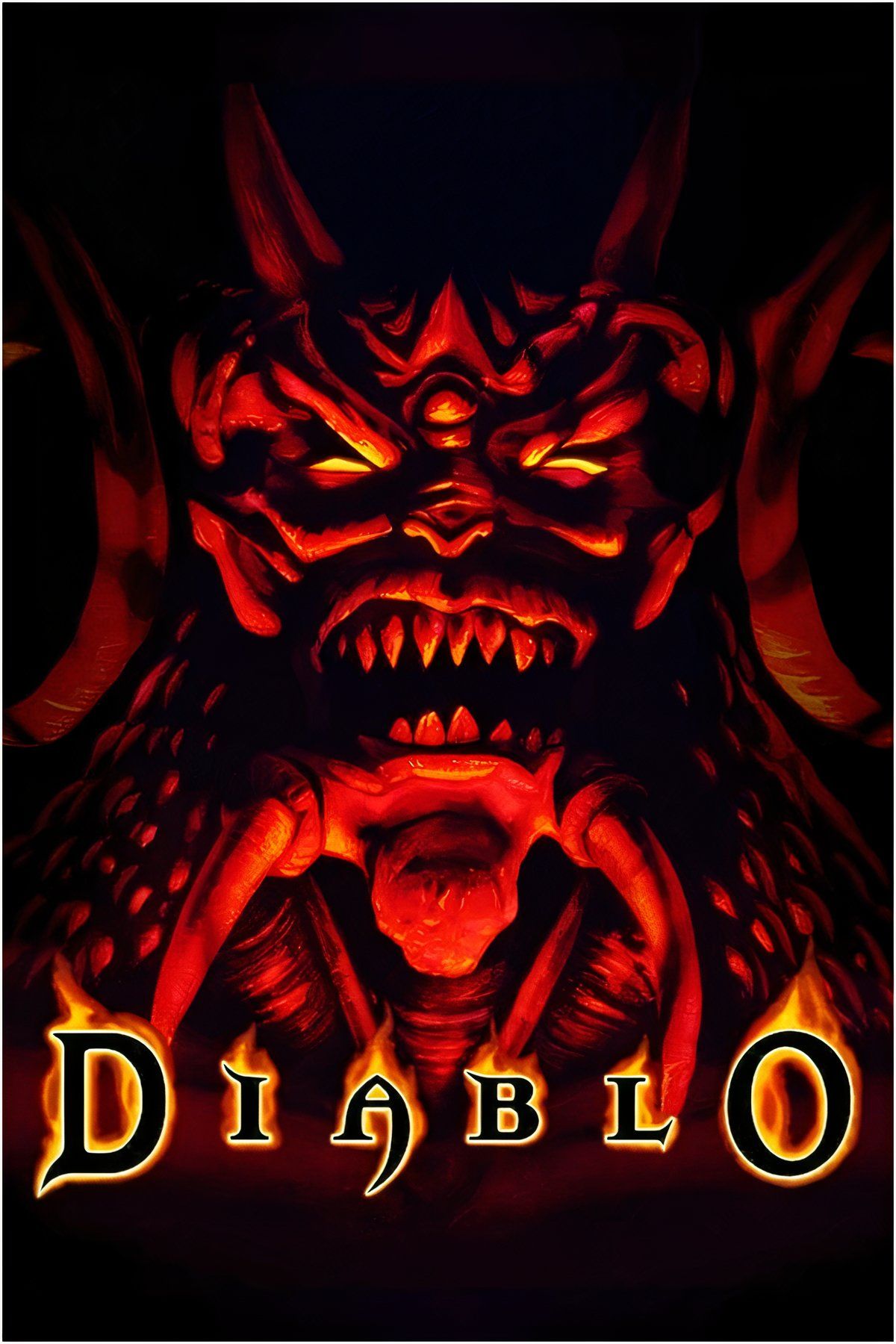
Diablo


- Released
-
January 3, 1997
- ESRB
-
M For Mature 17+ // Animated Blood and Gore, Animated Violence
- Publisher(s)
-
Blizzard Entertainment, Ubisoft
- Engine
-
unity
- Multiplayer
-
Local Multiplayer

